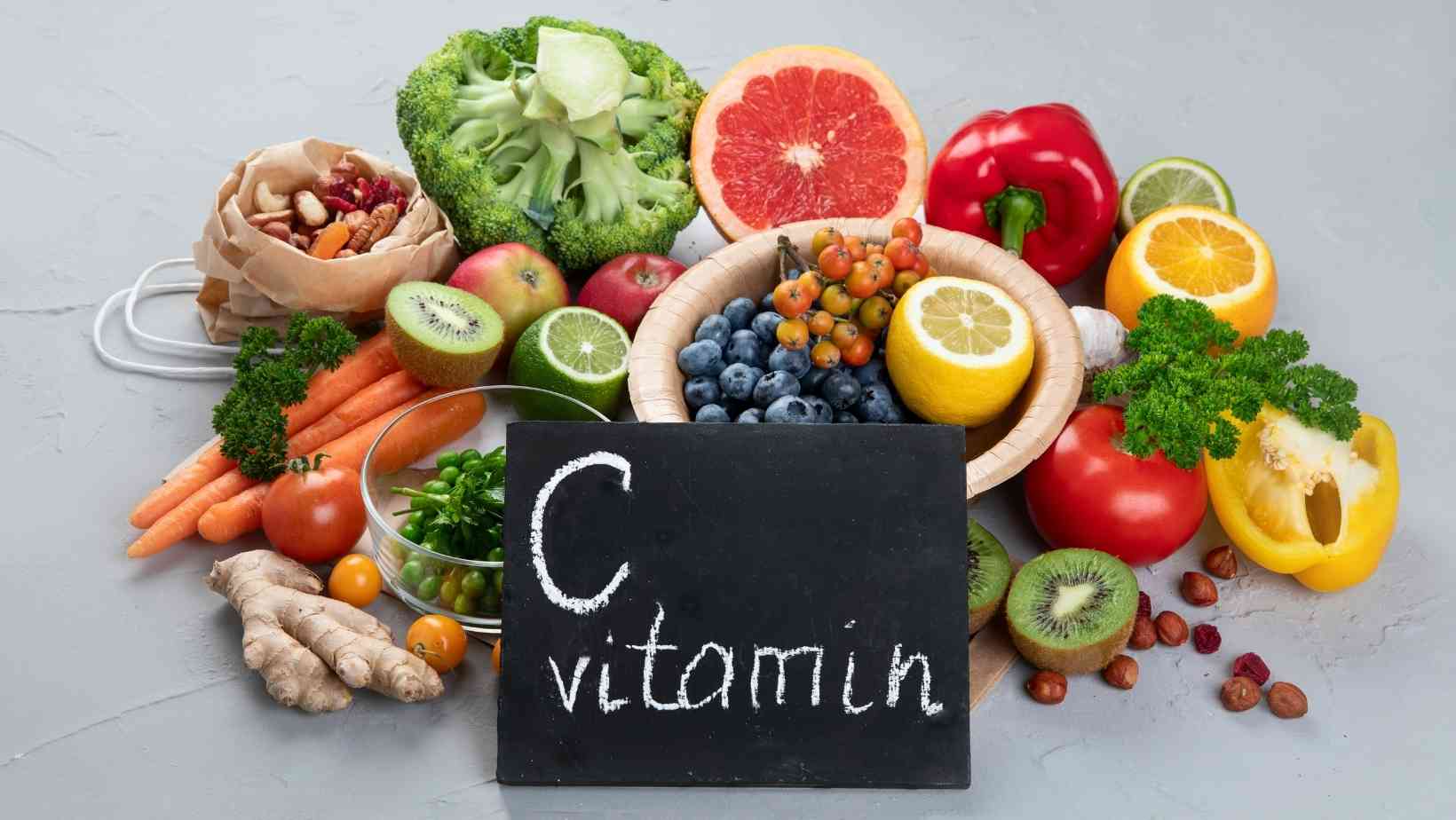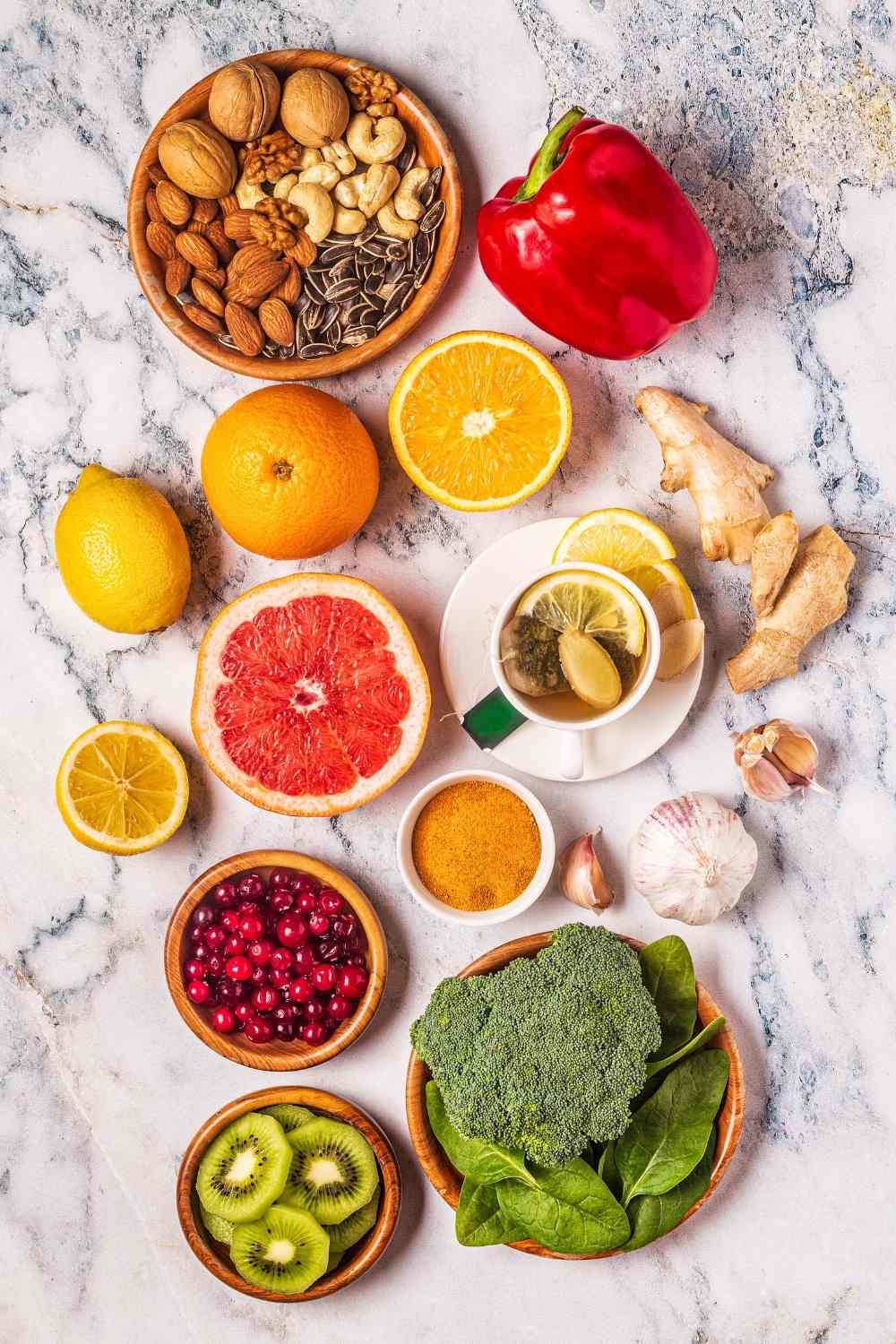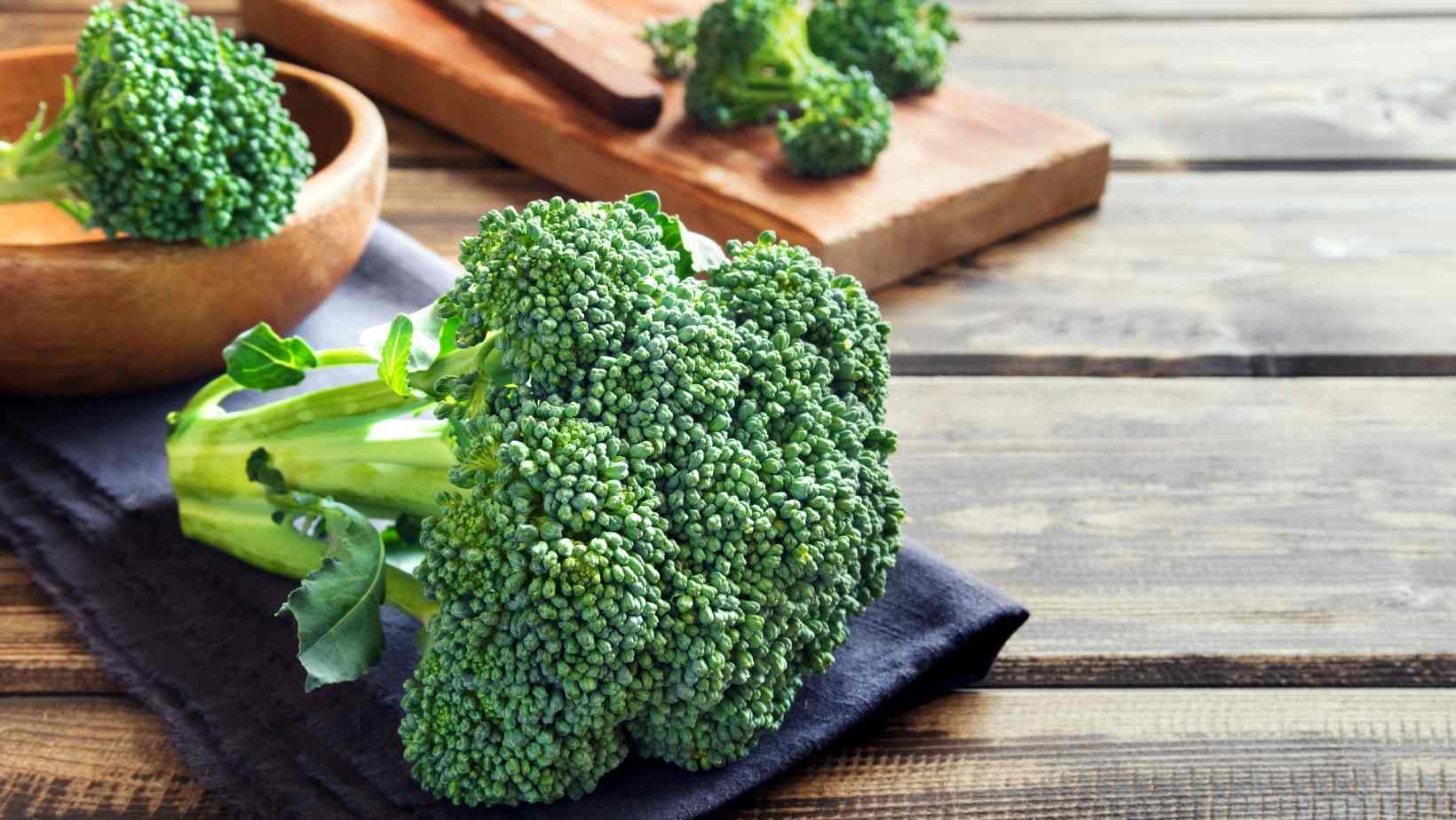Dietary vitamin C, also known as L-ascorbic acid, is a water-soluble vitamin that is an important component of a healthy diet. Despite the fact that certain animals can manufacture their own vitamin C, humans must get it from outside resources.
Vitamin C may be found in a variety of fresh fruits and vegetables, but it can also be obtained via the production of nutritional supplements. According to research, consuming foods high in vitamin C helps to maintain the health of your immune system, as well as the health of your bones, teeth, and cartilage, and to aid in the healing of wounds in your body.

Exactly Why Do You Need Vitamin C?
Vitamin C is involved in the development and operation of a number of different human organs and systems. It aids in the production of vital molecules (collagen, L-carnitine, and neurotransmitters) that are necessary for the proper functioning of your nerves, heart, brain, and muscles, as well as the production of energy by your body.
Vitamin C also aids in the restoration of antioxidants in the body. Antioxidants help to prevent cell damage that might result in disease development. It also aids in the metabolism of protein and the absorption of iron by the body.
Adults between the ages of 19 and 64 need around 40 milligrams (mg) of vitamin C per day. If you consume the correct foods, you will be able to easily meet your daily nutritional requirements from your usual diet.
Despite the fact that vitamin C shortage is a very infrequent occurrence, it may result in the condition known as scurvy. Among the signs and symptoms of scurvy are:
- Fatigue
- Irritability and depression are common symptoms.
- Joint ache in the leg that is severe
- Gums that are swollen and bleeding
- Skin discoloration in the form of red or blue patches
- Your skin is prone to bruising.
Too much Vitamin C, on the other hand, may induce stomach discomfort and other digestive difficulties. Overdose of the vitamin, on the other hand, is not a problem since it is not stored in your body.
The following are some of the health advantages of Vitamin C:
Heal Your Wounds
Nutritional supplementation with vitamin C is necessary for the manufacture of collagen, a protein that is a fundamental component of connective tissue. It is as a result of this that Vitamin C is crucial in wound healing.
Immune System Function
Dietary vitamin C aids in the immune system's fight against sickness and infection. A deficit of vitamin C lowers your immune system's ability to fight infections and raises your chances of becoming sick.

Bones, teeth, and cartilage are kept in good condition
It is essential for the healing and maintenance of healthy bones, teeth, and cartilage (the rubbery material that covers the ends of bones).
In addition, vitamin C may lower the incidence of cartilage loss in persons suffering from osteoarthritis.
Vitamin C-Fortified Foods
Cantaloupe
It contains 202.6 mg of vitamin C in a medium-sized melon and 25.3 mg in a single slice of cantaloupe, making it an excellent source of vitamins.
Fruits of the Citrus genus
Citrus fruits, especially when eaten raw, are very rich in vitamin C. One medium orange has around 70 mg of Vitamin C, but one grapefruit contains approximately 56 mg. Citrus fruit drinks provide significantly greater concentrations of vitamin C, with a 225 mg glass of orange juice containing around 125 mg of vitamin C, according to Nutrition Facts.
Broccoli
As a matter of fact, a cup of broccoli provides the same amount of vitamin C as an orange! The following vitamins and minerals are found in high concentrations in broccoli:

- Calcium
- Iron
- Phosphorous
- Potassium
- Zinc
- Thiamin
- Riboflavin
- Niacin
- Folate
Red Cabbage
Red cabbage, often known as purple cabbage, is a nutritious vegetable that is low in calories and rich in vitamin C. A half-cup of broccoli has just 14 calories, but it provides about half of the recommended daily dose of vitamin C for adults. It also contains a significant amount of fibre and other vitamins.
Kiwi
Approximately one-third of your daily recommended consumption is included in a single serving of kiwi. Adding kiwi to a low-vitamin C diet has also been proven to significantly increase plasma vitamin C levels, according to research.

Bell Peppers
Peppers are low in calories and abundant in nutrients, such as vitamin A, vitamin C, potassium, folic acid, and fibre, and are available in a variety of colours. Because they are allowed to mature on the vine for a longer period of time, bell peppers have more nutrients than other peppers. Red bell peppers have about 11 times the amount of beta-carotene and 1.5 times the amount of vitamin C found in green bell peppers.




